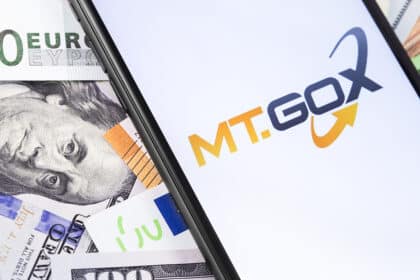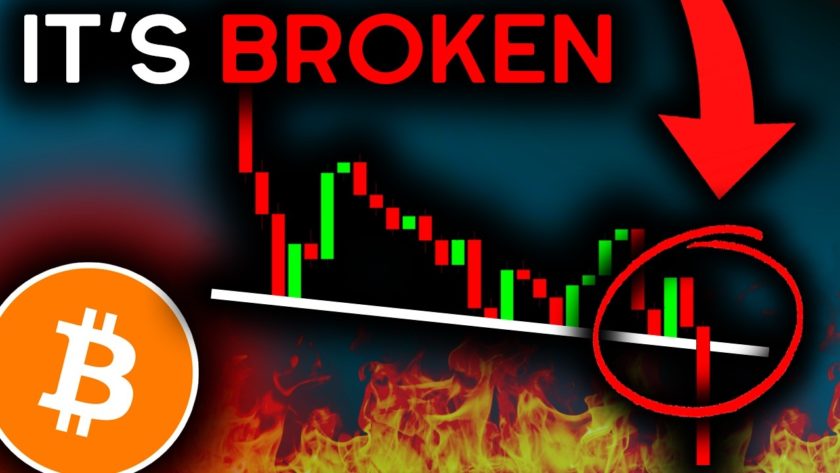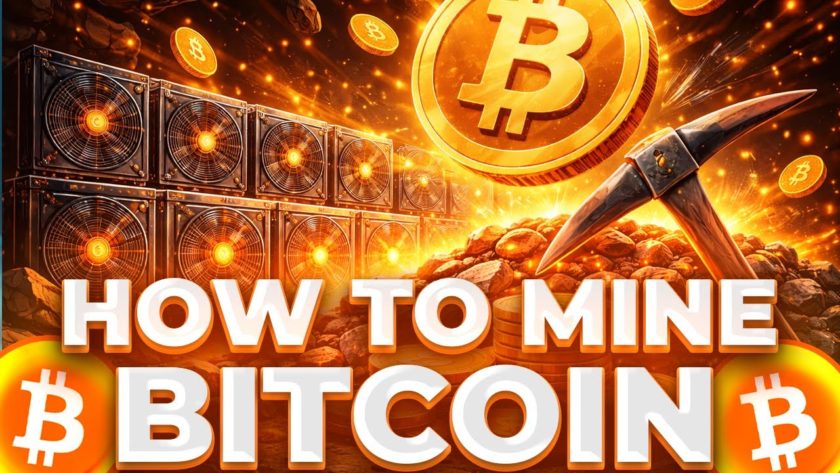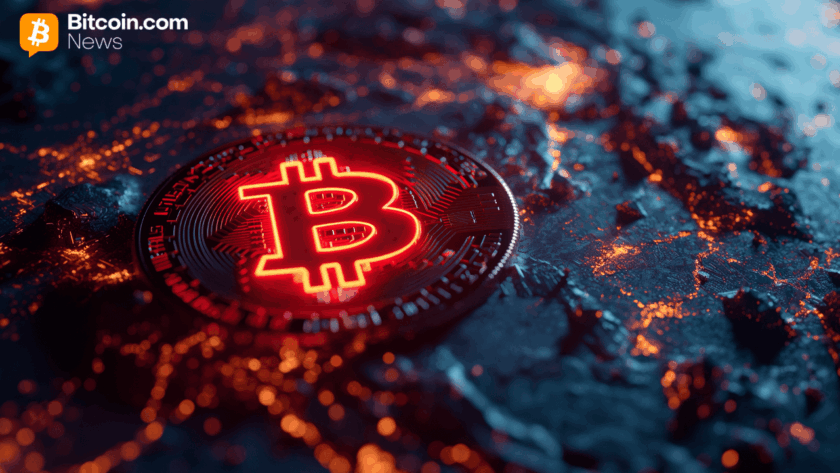Two Mt Gox creditors, Bitcoinica and MGIF, have decided on a Bitcoin payout scheme instead of fiat payments.
The top 2 creditors of the defunct Japanese crypto exchange Mt Gox have opted for a payout mainly in Bitcoin (BTC). According to reports, defunct New Zealand-registered exchange Bitcoinica and MtGox Investment Funds (MGIF) have agreed to a crypto payout. The duo represents a fifth of all Mt Gox claims and will get paid 90% of their receivable funds. The amount will be determined by calculating approximately 21% of what Bitcoinica and MGIF had locked on Mt Gox during the hack.
The prominent Mt Gox creditors decided on a Bitcoin payout is a welcome development in the crypto space. The reason is that a fiat payment might have pressured the price of the leading coin and triggered a selloff.
Mt Gox Prominent Creditors Seek September Bitcoin Payout
As it stands, Bitcoinica and MGIF eye a BTC payout in September, which is early compared to the alternative. The decision to pick the September early lump sum payment seemed a better prospect than waiting until all Mt Gox litigations settle. Although the conclusion of all Mt Gox litigations could potentially net higher payouts, it might take another five to nine years.
Bitcoin holders previously feared that a string of simultaneous Mt Gox bankruptcy recovery-triggered liquidations could drive down BTC’s price. This is because the bankrupt exchange’s estate trustee would have likely sold off a massive portion of Bitcoin holdings to fulfill fiat requests. However, these BTC holders could rest easy now on the creditors’ decision to take crypto payments instead of fiat.
Despite opting for a Bitcoin payout, Mt Gox’s creditors have until March 10th to change their minds – if they choose to.
As of September 2019, Mt Gox’s bankruptcy trustee had 141,686 Bitcoin in addition to cash and Bitcoin Cash coins. The Bitcoin cache is worth around $3.4 billion today.
2014 Hack
Launched in 2010, Tokyo-based Mt Gox suffered a hack that ultimately resulted in its collapse in 2014. The cyber assailants made off with 850,000 Bitcoin, which was valued at $460 million at the time. Following the hack, Mt Gox had approximately 142,000 BTC, 143,000 Bitcoin Cash (BCH), and 69 billion Japanese yen left.
At the time of its crash, the crypto exchange handled more than 70% of all BTC transactions across the globe.
Following the hack, Mt Gox suspended trading activities, shuttered its website and exchange service, and filed for bankruptcy protection. In April 2014, the Japanese exchange began liquidation proceedings to pay off its large creditor base.
Since 2014, Mt Gox creditors have continued to fight for their lost assets amid the company’s long-drawn-out bankruptcy proceedings. In December 2018, reports surfaced that the exchange’s former CEO, Mark Karpeles, could go to jail. Karpeles maintained his innocence then and continues to do so to this day.
In 2019, a Tokyo District Court found him guilty of less serious charges, including data misrepresentation and issued a suspended sentence. However, the Court acquitted the embattled Mt Gox ex-CEO of other charges, including embezzlement and aggravated breach of trust.
Tolu is a cryptocurrency and blockchain enthusiast based in Lagos. He likes to demystify crypto stories to the bare basics so that anyone anywhere can understand without too much background knowledge.
When he’s not neck-deep in crypto stories, Tolu enjoys music, loves to sing and is an avid movie lover.



